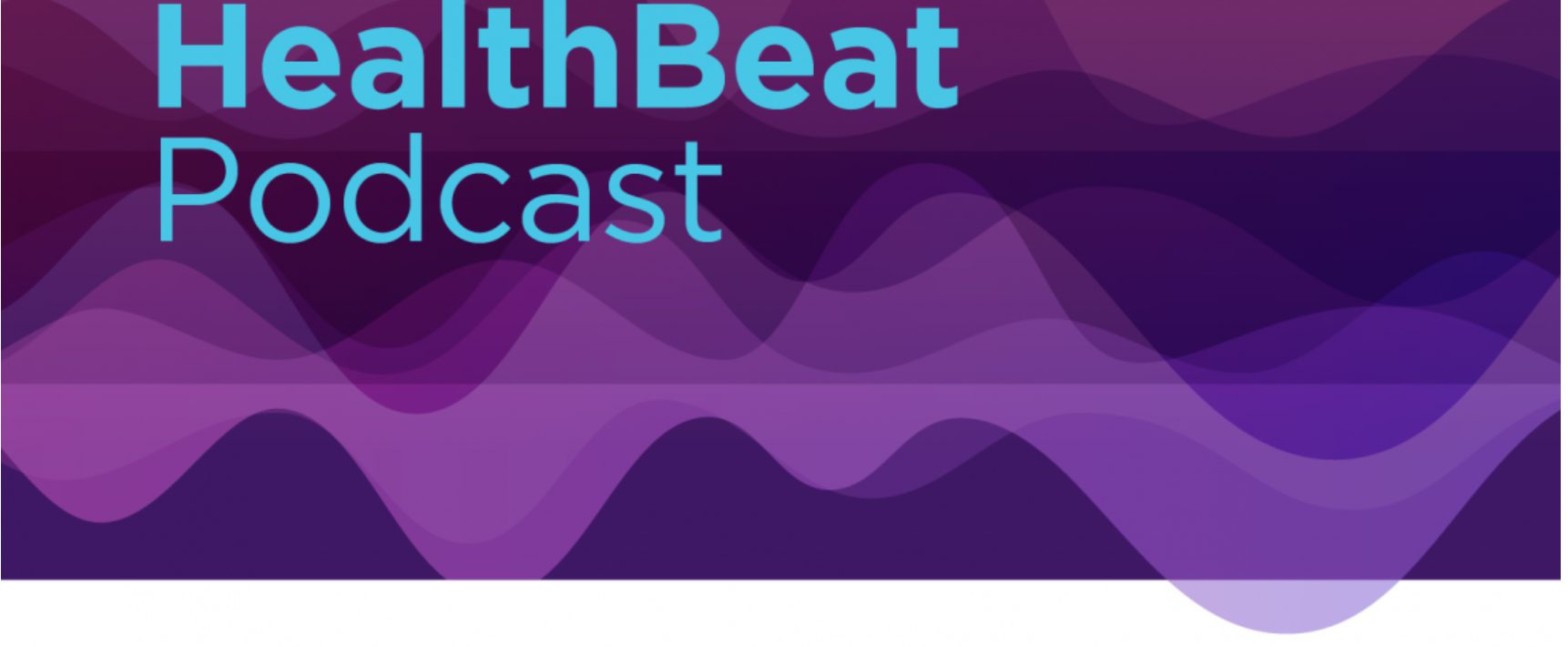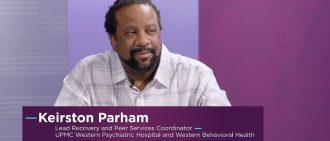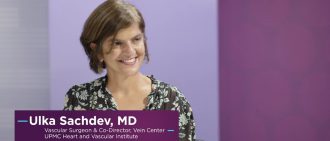-
Podcast
UPMC HealthBeat Podcast: Reducing Mental Health Stigma
Once barely discussed, mental health is becoming an important topic of conversation. Keirston Parham, Lead Recovery and Peer Services Coordinator at UPMC Western Psychiatric Hospital and Western Behavioral Health discusses how to ask for help and how to support someone in need. Listen Now
Categorized as: UPMC HealthBeat Podcast
-
Podcast
UPMC HealthBeat Podcast: How to Help Your Child Cope with Grief
The loss of a loved one can be devastating, especially for children. Elizabeth Schandelmeier, LCSW, APHSW-C, from UPMC Family Hospice discusses the challenges children face and ways you can help. Read The Full Podcast Transcript – This podcast is for informational and educational purposes only. It is not medical care or advice. Clinicians should rely… Listen Now
Categorized as: UPMC HealthBeat Podcast
-
Podcast
UPMC HealthBeat Podcast: Cooking for One
Just because you live alone, it doesn’t mean you can’t eat healthy meals. UPMC Dietitian Emily Stasko, MPH, RD, LDN, shares some easy options. Listen Now
Categorized as: UPMC HealthBeat Podcast
-
Podcast
UPMC HealthBeat Podcast: My Child Won’t Share
My child won’t share. Is it a real problem or just a part of growing up? Pamela Schoemer, MD, what parents can do. Listen Now
Categorized as: UPMC HealthBeat Podcast
-
Podcast
UPMC HealthBeat Podcast: What You Need to Know About Breastfeeding
Breastfeeding brings with it important health benefits for both mother and baby, but it can also come with some challenges. Use these tips. Listen Now
Categorized as: UPMC HealthBeat Podcast
-
Podcast
UPMC HealthBeat Podcast: Navigating the Holidays with Diabetes
How can you navigate the holidays if you have diabetes? UPMC dietitian, Jacquelyn Klunk, MS, RDN, LDN discusses how you can take care of yourself while enjoying some of your favorite holiday foods. Listen Now
Categorized as: UPMC HealthBeat Podcast
-
Podcast
UPMC HealthBeat Podcast: What You Need to Know about DVT
Deep Vein Thrombosis (DVT) can be a life-threatening condition. Ulka Sachdev, MD, Co-director of the Vein Center at UPMC Heart and Vascular Institute, discusses causes, the warning signs and what you should discuss with your doctor. Listen Now
Categorized as: UPMC HealthBeat Podcast
-
Podcast
UPMC HealthBeat Podcast: Keys to a Good Night’s Sleep
UPMC pulmonologist, Blair Stone, MD, discusses things you can do to get a better night’s sleep. Learn more. Listen Now
Categorized as: UPMC HealthBeat Podcast
-
Podcast
UPMC HealthBeat Podcast: 3D Nipple Tattooing
A healthy self-image is important for breast cancer recovery. Follow as Lori Stofman discusses the process and art of 3D nipple tattooing to help patients feel their best. Listen Now
Categorized as: UPMC HealthBeat Podcast









